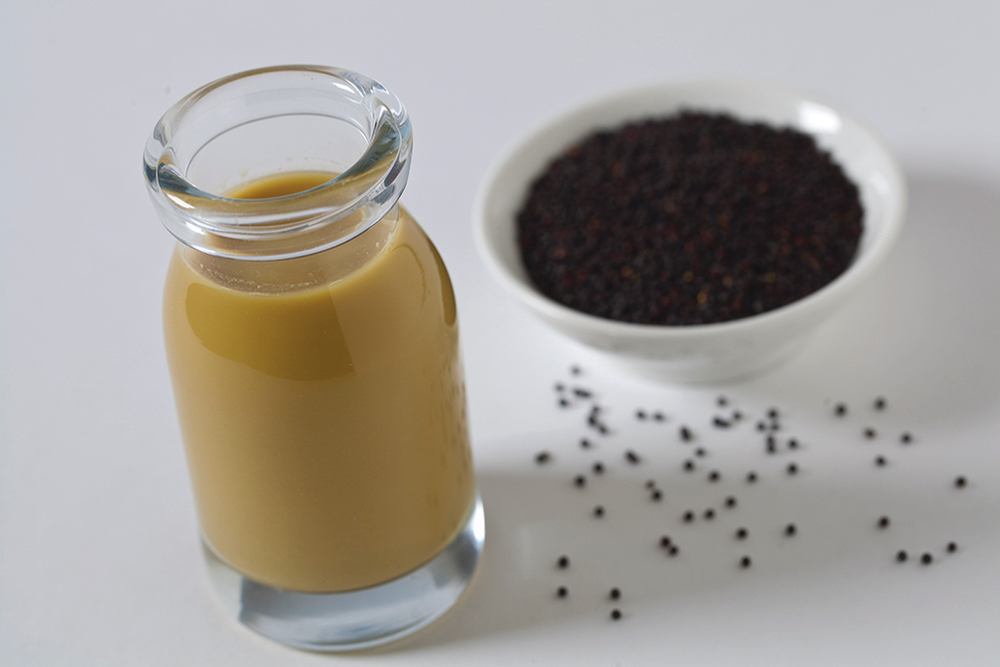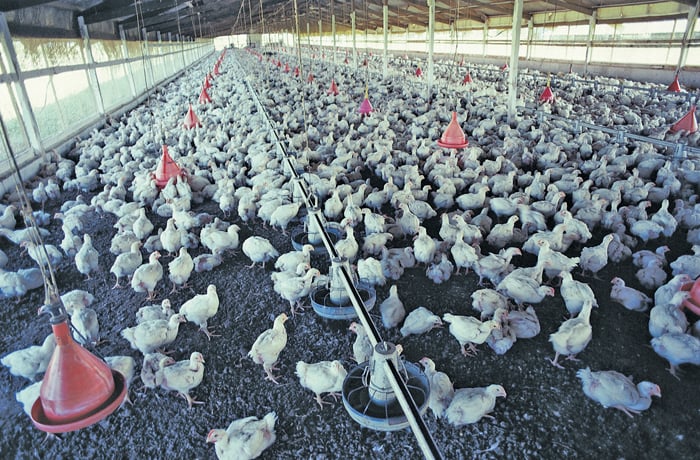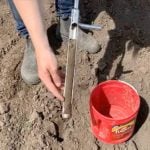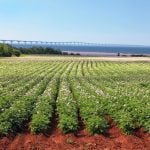The excess moisture that has slowed the development of the western Canadian crop might also help protect it from an early frost.
Aston Chipanshi, the manager for Climate Monitoring and Forecasting with Agriculture and Agri-Food Canada said that the southern part of the Prairies has a good chance of avoiding an early frost because of those damp conditions.
“There’s too much moisture in this area,” Chipanshi said. “Moisture itself generates heat when it’s evaporating, and that should prevent temperatures from dropping below zero.”
Read Also

Time to be honest about hemp, experts say
Years of hype have given way to a more realistic view of hemp. Farmers and processors say the crop’s future depends on solid agronomy, honesty.
While the southern part of the Prairies may be spared from early frost, the outlook isn’t as good for northern Alberta and the lower interior of B. C. “The Peace Region and lower mainland of B. C. have about a 60 to 70 per cent chance of an early frost,” Chipanshi said.
Canola Proteins Pass GRAS Step
U. S. food regulators officially have “no objection” to two made-in- Canada canola protein products being designated GRAS (generally recognized as safe).
Burcon NutraScience, a Vancouver firm with facilities in Winnipeg, said Aug. 30 the U. S. Food and Drug Administration’s letter to that effect means its Puratein and Supertein products can be considered “GRAS notified,” for use alone or as ingredients – an important designation for makers of foods such as salad dressings, meal replacements, juices, beverages and nutritional bars.














